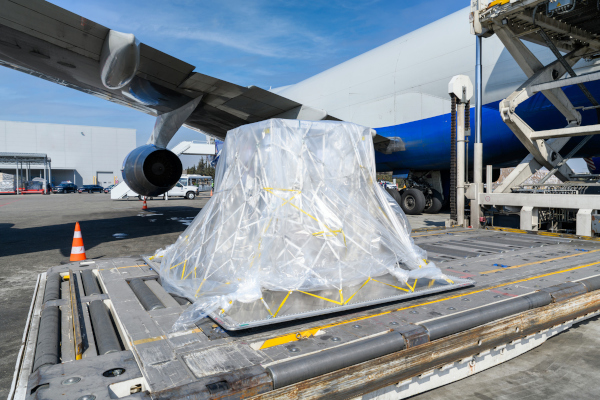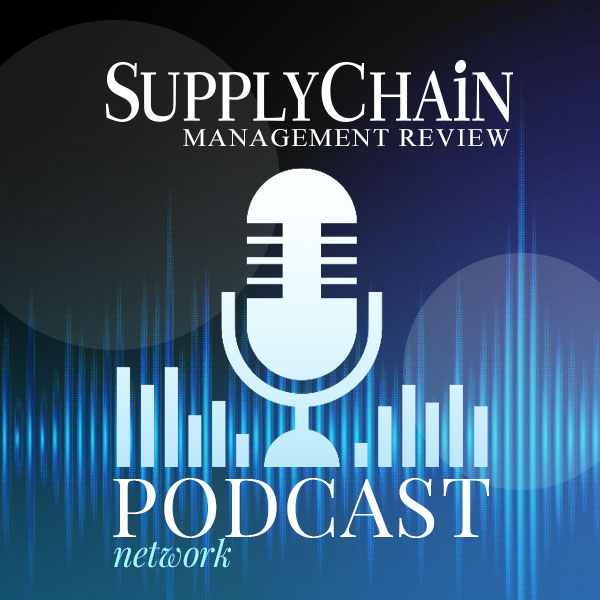In a previous blog I discussed the potential impact of artificial intelligence (AI) on the worldwide air cargo logistics industry. Among the reviewed studies, one suggested that while AI could affect 10% of the work tasks of 80% of the US workforce (“The future of work, Your new colleague,” The Economist, May 13, 2023, Pg. 56), the use of AI can create numerous opportunities for managers and staff to work more efficiently, productively, and with more empowerment.
So with that as a background, the challenge which managers face is how to prepare their teams for AI. It is my contention that companies and individuals must embrace education first and then, as appropriate, create innovative training programs.
Education vs. training
You might ask what is the difference between education and training? An education-focused approach is based on questioning the situation. Training shows us how to perform a task. An educational approach provides a framework to study and understand the subject issue from a dispassionate perspective. This approach provides the student with an understanding of why something is done or created. The student is challenged to examine the issue from all perspectives and then develop their own assessment. Armed with this knowledge, the manager or analyst can formulate a new approach.
On the other hand, training provides the staff members with the skills and processes required to accomplish a specific task. In a world of continual change, relying on a training approach can perpetuate processes which are not appropriate for the new environment. Training is needed, but the important first step in an environment of constant change is to dissect the situation. That step naturally draws on a tool set and approach assembled through education. By employing an educational approach, you are not reacting to change, but are more likely to be proactively preparing for change. Education is not just for supervisors and managers. Education should be provided to everyone.
If, as some of the forecasters predict, about 80% of all jobs are going to be affected by AI algorithms, that alone suggests that managers and staff must dissect what and how they do their tasks, identify the repetitive elements which are highly susceptible to the employment of AI, and proactively prepare for change.
In my experience in the logistics and manufacturing industries, I always found that those on the warehouse or factory floor had different perspectives of how to make improvements which made their work life better. Empowering them, providing analytical tools, and giving them a forum to suggest changes means everyone on the team is an agent for change, rather than a small, dedicated team. Simply put, the suggestion box is back and stronger.
Some managers balk at such an approach. They fear that members of an educated workforce are more apt to move on to another company, possibly a competitor. I disagree with that attitude by reminding managers that one of their most important roles is to develop their staff who can push the operation to a higher level. Most times, the employee who has been given new skills is more loyal to the firm that has expressed through their educational and training investment a belief in the staff member.
After a living wage, most employees seek ways to improve themselves from their work environment. Providing educational support, particularly in an environment of change, needs thoughtful consideration. Another factor supporting this approach is the cost of attrition. A recent paper by McKinsey and Company suggested that the cost of attrition per employee ranged between $22,300 and $23,100. If this cost, which can be higher when loss of productivity is included, can be reduced by spending even a tenth of the cost on education and training, then it is a win-win for employees and companies alike.
The emergence of new technologies is scary. It creates uncertainty, which humans don’t like. But, through education, employees are prepared for the change and are part of the solution, the fear subsides, and the company benefits.
Empowerment must be combined with continuous learning at all organizational levels. Preparing for AI means a move away from traditional training to learning. By that I mean, managers and staff must understand why they are performing a task, understand its elements, and using that knowledge, be open to changes that they in concert with AI models develop. You can’t achieve such changes if you just train someone how to perform a task.
Yes, change is scary…we all like stability. But the worldwide air cargo industry has always been changing, so embrace the coming change and prepare for it now!
About the author:
Charles H.W. Edwards, B.A., M.Sc., MBA, has over 50 years in the transportation, distribution, and logistics industry. Edwards is a vice president of SASI World and a professor of the practice at the University of North Carolina at Chapel Hill in the Department of City and Regional Planning. He is a Scholar Fellow of Sigma Chi Mu Tau (Supply Chain) honor society. He began his career as a truck driver in Toronto. Since then, Edwards has worked in international freight forwarding in Canada and the UAE, numerous sectors of the airline industry, aviation design and manufacturing in Germany and the United States, ocean freight, rail management, economic development, and logistics education. Edwards can be contacted at [email protected].
SC
MR


More Executive Education
- AI, virtual reality is bringing experiential learning into the modern age
- Finding the Right Approach for Supply Chain Education
- Education vs. Training: Accommodating AI in the Worldwide Air Cargo Logistics Industry
- The changing face of supply chain executive education
- Women in Manufacturing Education Foundation announces 2022 class of Hall of Fame inductees
- Putting Supply Chain Certification to Work
- More Executive Education
Latest Podcast

 Explore
Explore
The Academy News
- AI, virtual reality is bringing experiential learning into the modern age
- Predicting stockouts: Enhancing FMCG resilience through data-driven insights
- Finding the Right Approach for Supply Chain Education
- The Supply Chain Triad
- Innovating Supply Chain Higher Education with Generative AI
- How Smart Supply Chain Management Boosts Brand Identity
- More The Academy
Latest Academy Resources

Subscribe

Supply Chain Management Review delivers the best industry content.

Editors’ Picks





